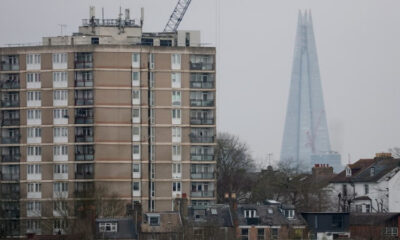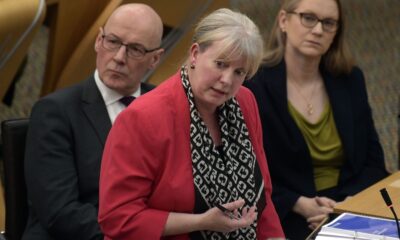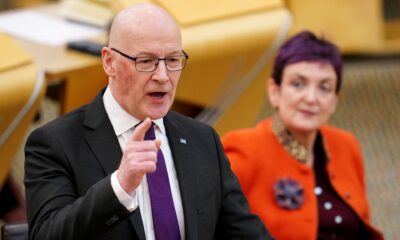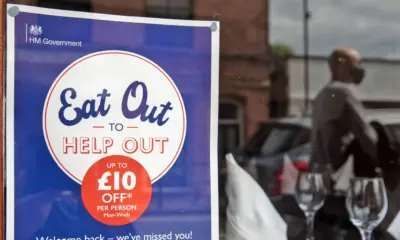Politics
Scotland’s Independence Debate Returns as Polls Tighten
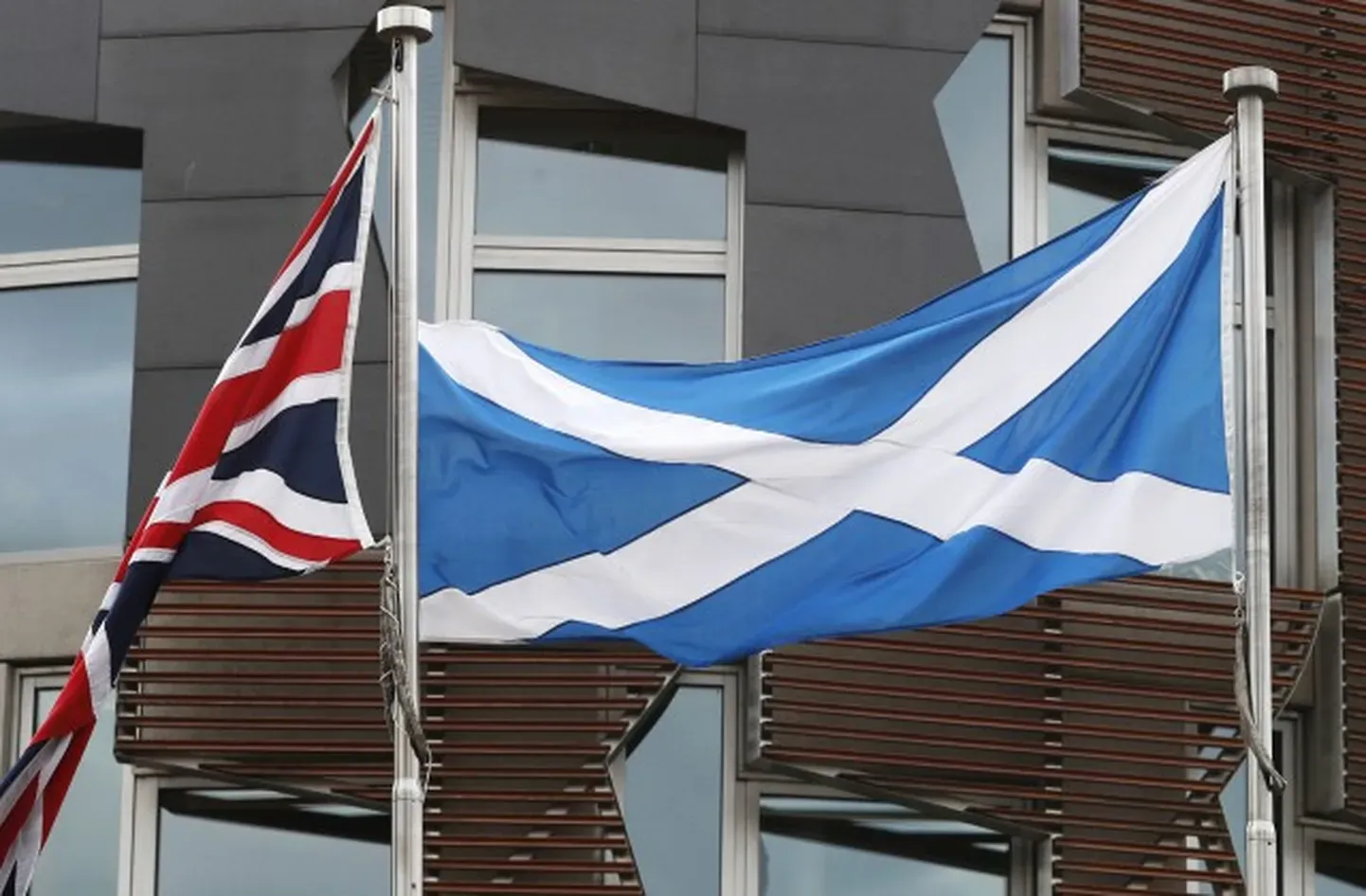
The question of Scottish independence has once again taken center stage in British politics as new polls reveal a narrowing gap between supporters and opponents of separation. With the 2026 general election approaching, the issue is reigniting long-standing political tensions and shaping the national debate on the future of the United Kingdom. Both the Scottish National Party and the UK government are intensifying their campaigns, each framing the independence question as central to Scotland’s economic and political destiny.
Growing Momentum Behind the Independence Campaign
Recent opinion polls show that support for Scottish independence has risen to around 49 percent, just shy of a majority. Analysts suggest that concerns about the cost of living crisis, public spending cuts, and post-Brexit challenges have contributed to renewed enthusiasm for self-governance. Many Scots believe that an independent Scotland would be better positioned to manage its natural resources, reform its welfare system, and pursue closer ties with the European Union.
The Scottish National Party, led by First Minister Humza Yousaf, has intensified its outreach efforts across the country. The party’s messaging centers on economic empowerment, social equality, and Scotland’s right to decide its own future. Yousaf has emphasized that independence would allow Scotland to rejoin the European single market and adopt policies tailored to its distinct social and economic needs.
However, the independence movement is not without its divisions. Some within the SNP are urging a cautious approach, arguing that the focus should remain on strengthening governance and rebuilding public trust after recent internal controversies. Others, including members of the Scottish Greens, advocate for a more assertive timeline toward another referendum. Despite these internal differences, both parties agree that public momentum is shifting and that Westminster can no longer ignore Scotland’s political aspirations.
The pro-union side, led by the UK government and the Scottish Conservatives, maintains that independence would create economic instability and weaken Scotland’s global influence. Prime Minister Rishi Sunak and other senior ministers have repeatedly stated that the 2014 referendum was a once-in-a-generation event, and that renewed calls for a vote risk dividing communities at a time when unity is most needed. Unionist leaders have also warned that separation could jeopardize vital public funding and complicate trade with the rest of the United Kingdom, which remains Scotland’s largest economic partner.
Economic and Political Stakes
Economic arguments continue to dominate the independence debate. Pro-independence economists point to Scotland’s strong renewable energy sector, thriving universities, and growing technology hubs as evidence that the country could sustain itself as an independent economy. They argue that control over taxation, immigration, and trade would enable Scotland to pursue policies that reflect its social priorities more effectively than current arrangements under Westminster.
Opponents counter that independence would involve significant fiscal challenges. They highlight concerns about currency stability, budget deficits, and the potential loss of access to UK-wide markets and subsidies. The question of whether an independent Scotland would seek to rejoin the European Union remains particularly contentious. Rejoining the EU could bring benefits in trade and mobility, but it might also require difficult compromises on border controls and fiscal policy.
Beyond economics, the independence debate has also become a broader question of national identity. Many Scots view independence as a way to assert their distinct political culture and values, which often diverge from those dominant in Westminster. The Scottish Parliament’s more progressive stance on issues such as social welfare, environmental policy, and human rights has strengthened this perception of difference. However, unionists argue that diversity within the United Kingdom is a strength and that shared institutions foster stability and prosperity.
Public Sentiment and the Road Ahead
Public opinion in Scotland remains deeply divided, with generational and regional differences shaping the conversation. Younger voters overwhelmingly support independence, citing aspirations for a more progressive and internationally connected Scotland. Older generations, however, tend to favor the union, valuing the economic security and shared heritage that it provides.
Civic groups and community organizations have stepped into the debate, hosting town hall meetings and policy forums to encourage open dialogue. Universities and think tanks have also launched new studies examining the potential social and economic outcomes of independence. The level of public engagement suggests that the debate is far from abstract; for many Scots, it represents a direct conversation about their daily lives and long-term opportunities.
The UK government has so far resisted calls for a new referendum, insisting that constitutional stability must take priority. Yet political observers note that growing support for independence could force Westminster to reconsider its position. A scenario in which pro-independence parties secure a strong majority in the Scottish Parliament after the 2026 elections could increase pressure on London to authorize another vote.
Meanwhile, the SNP and its allies are focused on strengthening their electoral base and refining their message to appeal to undecided voters. The next general election is likely to serve as an informal barometer of public sentiment, testing whether the renewed push for independence has translated into tangible political momentum.
Conclusion
The resurgence of Scotland’s independence debate reflects a deeper search for identity and self-determination within the United Kingdom. As polls tighten, both sides face the challenge of addressing complex economic realities and emotional loyalties that shape public opinion. The coming months will determine whether this renewed conversation leads to another referendum or simply deepens the ongoing political divide.
Regardless of the outcome, the debate underscores how questions of governance, culture, and economic vision continue to evolve across the UK. For many Scots, the issue goes beyond politics; it touches on the essence of national purpose and the future they wish to build. As the country moves closer to another election cycle, the struggle over Scotland’s destiny remains one of the defining stories of British democracy in 2026.



